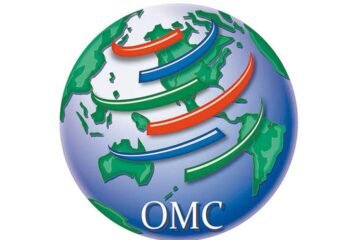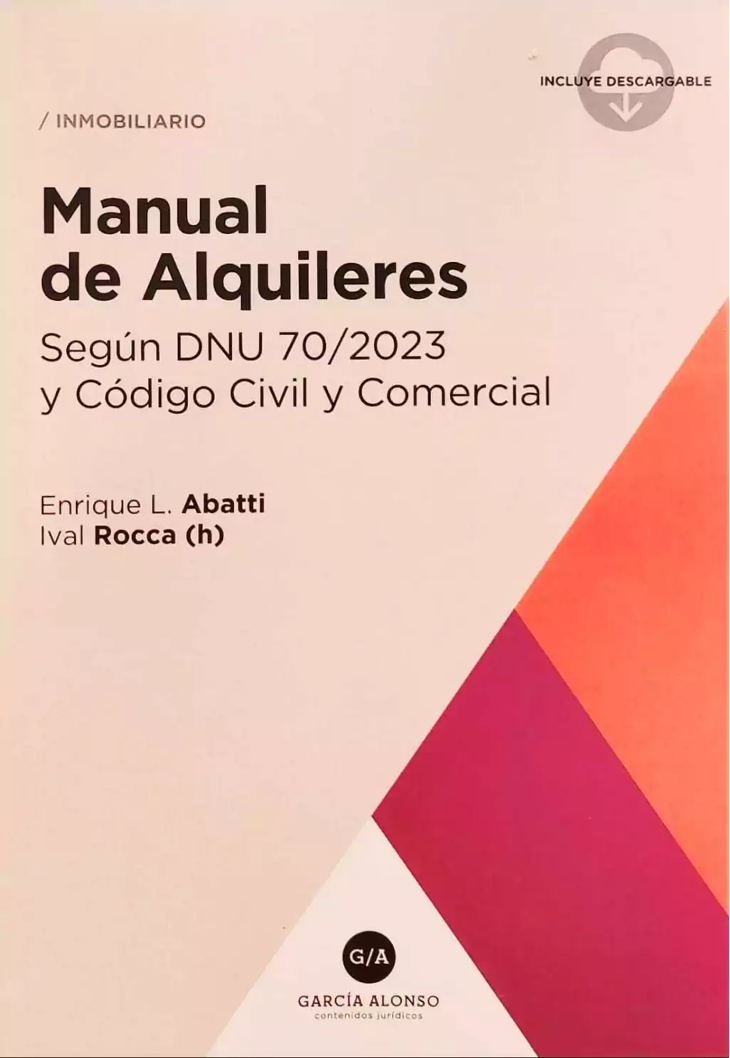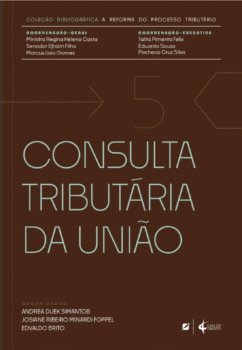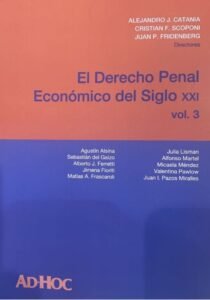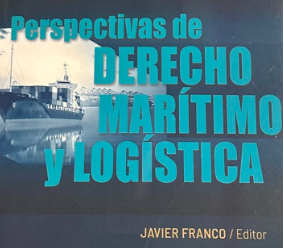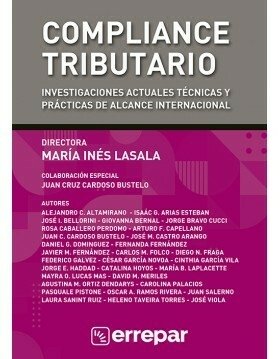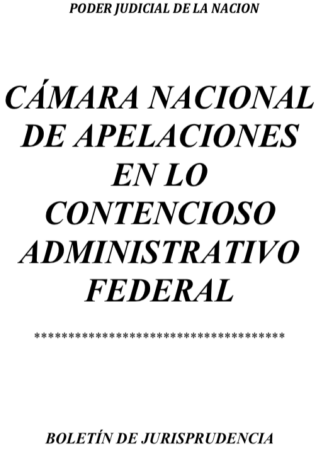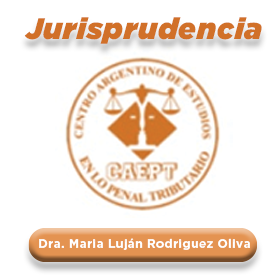Un informe de la OMC constata un número creciente de restricciones a la exportación en respuesta a la crisis de la COVID-19
Hasta el momento, 80 países y territorios aduaneros han introducido prohibiciones o restricciones a la exportación como consecuencia de la pandemia de COVID-19, según un nuevo informe de la Secretaría de la OMC. El informe, que se basa en información procedente de fuentes oficiales y agencias de noticias, llama la atención sobre la actual falta de transparencia a nivel multilateral y los riesgos a largo plazo que plantean las restricciones a la exportación para las cadenas mundiales de suministro y el bienestar público.
The new export prohibitions and restrictions mostly cover medical supplies such as face masks, pharmaceuticals, ventilators and other medical equipment, the report finds. Some of the measures have extended the controls to other products such as food and toilet paper.
However, only 13 WTO members (or 39 if EU member states are counted individually) have submitted information on these new measures in line with WTO rules for quantitative restrictions. Three of them have notified export restrictions on foodstuffs pursuant to the WTO Agriculture Agreement. The report notes the harms and delays that insufficient information inflicts on countries seeking to procure materials to fight against the COVID-19 pandemic and provides guidance on how WTO members can notify their measures. Only a handful of notifications were submitted in March 2020 and these have since increased in April.
While the report acknowledges exceptions in WTO rules for export prohibitions or restrictions, it also highlights costs that both importing and exporting economies will face in the long run, particularly in terms of lower supply and higher prices for much-needed products.
· The COVID-19 pandemic presents the world with an unprecedented public health challenge. Measures to curb the spread of the disease have shut down large swathes of the world economy. Worldwide demand for medical products to fight the pandemic is unprecedented. All countries depend on international trade and global value chains to source these products. This is challenging in light of ongoing disruptions to international transport, particularly air cargo, which often goes together with passenger travel.
· An additional complicating factor is the growing number of export prohibitions and restrictions, which some WTO members have introduced to mitigate critical shortages at the national level. Responding to COVID-19 urgently requires sharp increases in global production of essential medical supplies. Well-functioning value chains can help quickly ramp up production while containing cost increases. As new production becomes available, trade will be essential to move supplies from where they are abundant to where they are lacking, especially as the disease peaks at different times in different locations. However, a lack of international cooperation risks hampering the urgently required supply response.
· The information available thus far suggests that 80 countries and separate customs territories have introduced export prohibitions or restrictions as a result of the COVID 19 pandemic, including 46 WTO members (72 if EU member states are counted individually) and eight non-WTO members. Most of these have been described as temporary measures. At least two members have already removed some of those restrictions.
· The products covered by these new export prohibitions and restrictions vary considerably; most have focused on medical supplies (e.g. facemasks and shields), pharmaceuticals and medical equipment (e.g. ventilators), but others have extended the controls to additional products, such as foodstuffs and toilet paper.
· While Article XI of the General Agreement on Tariffs and Trade (GATT) 1994 broadly prohibits export bans and restrictions, it allows members to apply them temporarily to prevent or relieve critical shortages of foodstuffs or other essential products. If members move to restrict exports of foodstuffs temporarily, the Agreement on Agriculture requires them to give due consideration to the food security needs of others. WTO rules also contain more general exceptions, which could be used to justify restrictions provided that they do not constitute a means of arbitrary or unjustifiable discrimination between countries, or a disguised restriction on international trade.
· Export prohibitions and restrictions applied by large exporters may in the short run lower domestic prices for the goods in question and increase domestic availability. But the strategy is not costless: the measures reduce the world’s supply of the products concerned and importing countries without the capacity to manufacture these products suffer. And exporters also risk losing out in the long run. On the one hand, lower domestic prices will reduce the incentive to produce the good domestically, and the higher foreign price creates an incentive to smuggle it out of the country, both of which may reduce domestic availability of the product. On the other hand,
restrictions initiated by one country may end-up triggering a domino effect. If trade does not provide secure, predictable access to essential goods, countries may feel they have to close themselves from imports and pursue domestic production instead, even at much higher prices. Such a scenario would likely result in lower supply and higher prices for much-needed merchandise. The long-term effects could be significant.
· Transparency at the multilateral level is lacking. In principle, all these measures should be notified as soon as possible to the WTO pursuant to the 2012 “Decision on Notification Procedures for Quantitative Restrictions” (QR Decision), while those relating to foodstuffs should also be notified to the Committee on Agriculture. However, to date, 13 WTO members (39 if EU member states are counted individually) have notified the introduction of new measures under the QR Decision and three have notified export restrictions on foodstuffs pursuant to Article 12 of the Agreement on Agriculture.
· Economic operators and members are having to cope with a high degree of uncertainty, as it remains unclear what measures have been adopted by which countries, and new measures are being introduced regularly. Insufficient information makes it hard for them to efficiently adjust their purchasing decisions and find new suppliers This could be particularly damaging for those seeking to procure materials needed for the fight against the COVID-19 pandemic.
· The G20 Ministerial Statement of 30 March 2020 stressed that “emergency measures designed to tackle COVID-19, if deemed necessary, must be targeted, proportionate, transparent, and temporary, and that they do not create unnecessary barriers to trade or disruption to global supply chains, and are consistent with WTO rules.” More recently, the G20 Agriculture Ministers Statement of 21 April 2020 reaffirmed the “agreement not to impose export restrictions or extraordinary taxes on food and agricultural products purchased for non-commercial humanitarian purposes by the World Food Programme (WFP) and other humanitarian agencies”.
· WTO Director-General Roberto Azevêdo has urged members to exercise maximal restraint in the use of export restrictions and other measures that could disrupt supply chains. He has also called on WTO members to improve transparency on any new trade-related measures introduced as a result of the COVID-19 pandemic.
· Possible actions to improve transparency in this area include:
o Ensuring that the new measures are adequately published at the national level and, when possible, making them available in the website(s) of the relevant national authorities.
o Notifying as soon as possible any new export restriction to the WTO pursuant to the QR Decision; in case these restrictions affect foodstuffs, notifying them to the Committee on Agriculture as well.
o Updating as necessary the information under the “transparency notification” of Article 1.4 of the Agreement on Trade Facilitation, including the relevant enquiry points.
o Endeavouring to provide additional information to other members beyond that required by the notifications, whenever possible.
Fuente: OMC





